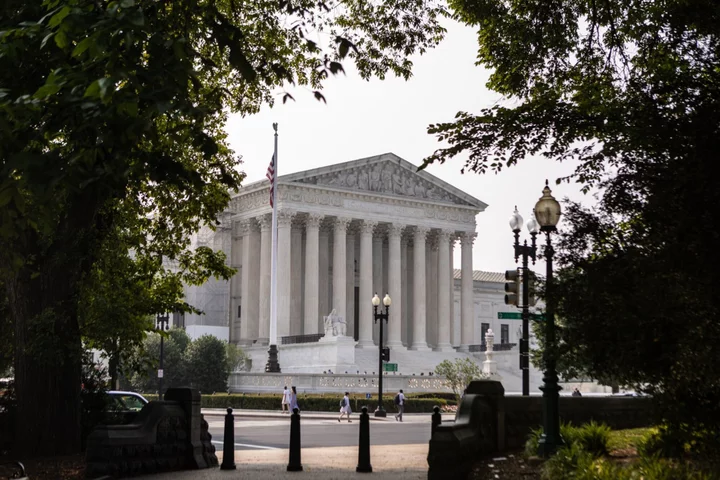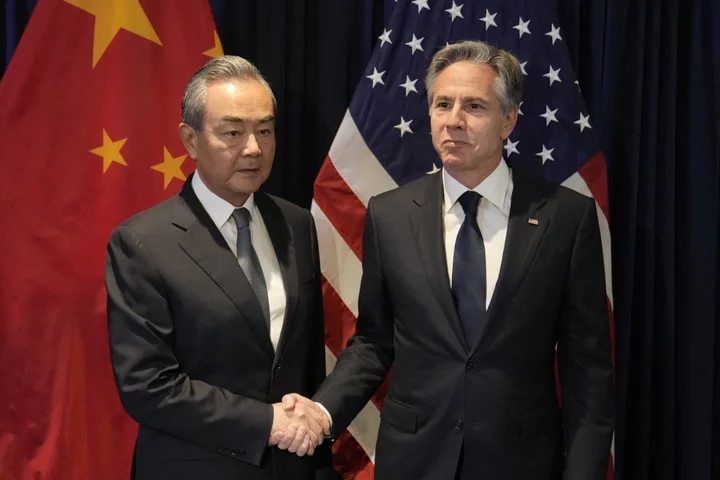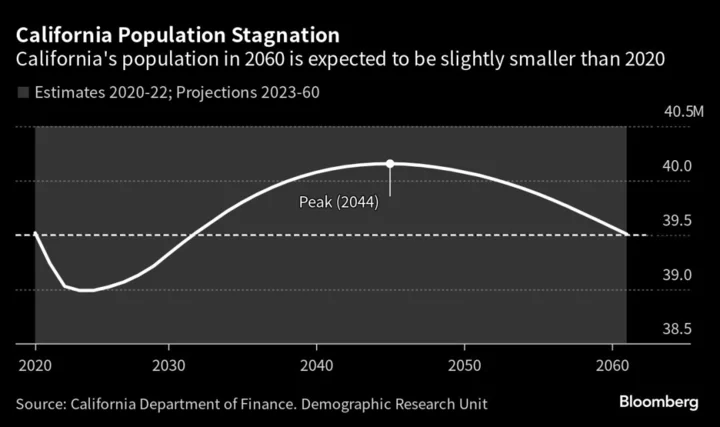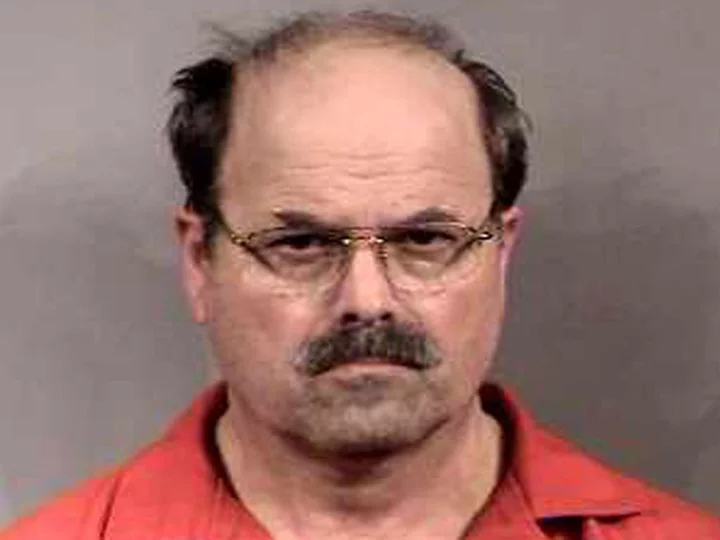The US Supreme Court agreed to consider scuttling Purdue Pharma LP’s $6 billion opioid settlement, taking up a Biden administration appeal that contends the accord improperly shields the Sackler family members who own the company.
High court review threatens Purdue Pharma’s bankruptcy reorganization plan, which would end a mountain of litigation against the OxyContin maker and funnel billions of dollars toward efforts to abate the opioid crisis. As part of the accord, family members have agreed to give up ownership of the company and pay as much as $6 billion.
The court on Thursday also halted implementation of the settlement while the justices consider the case. The court said it will hear arguments in its December sitting, meaning a decision is likely early next year.
The justices moved unusually quickly in getting involved, granting review based on an emergency Justice Department filing that sought to halt implementation of the settlement until the court decided whether to get involved.
The Justice Department contends federal bankruptcy courts lack power to insulate the Sacklers from lawsuits since they haven’t filed for protection themselves.
“The Sackler release is not authorized by the Bankruptcy Code, constitutes an abuse of the bankruptcy system, and raises serious constitutional questions by extinguishing without consent the property rights of nondebtors against individuals or entities not themselves debtors in bankruptcy,” US Trustee William K. Harrington argued in court papers.
Harrington, a Justice Department official, is represented at the high court by Solicitor General Elizabeth Prelogar, the Biden administration’s top courtroom lawyer.
Purdue Pharma urged the Supreme Court to let the accord go forward, as did advocates for tens of thousands of opioid victims.
“We are confident in the legality of our nearly universally supported plan of reorganization, and optimistic that the Supreme Court will agree,” the company said in a statement. “Even so, we are disappointed that the US trustee, despite having no concrete interest in the outcome of this process, has been able to single-handedly delay billions of dollars in value that should be put to use for victim compensation, opioid crisis abatement for communities across the country, and overdose rescue medicines.”
In its court papers, Purdue Pharma argued that federal bankruptcy law allows third parties to be shielded from suits in some circumstances.
“Third-party releases are — and have been used by courts for decades as — critical tools to promote the fair and efficient resolution of the most complex and difficult bankruptcies in the country,” the company argued.
The committee set up to represent victims and other Purdue Pharma creditors told the justices that “any delay will have dire, real-world consequences for those desperately waiting for the plan’s aid.”
A representative for the Mortimer Sackler side of the family declined to comment. A representative for the Raymond Sackler side didn’t immediately respond to a request for comment. Members of the family have previously denied all wrongdoing.
The case is Harrington v. Purdue Pharma, 23-124.
--With assistance from Jeremy Hill and Jonathan Randles.
(Updates with company statement in ninth paragraph.)









